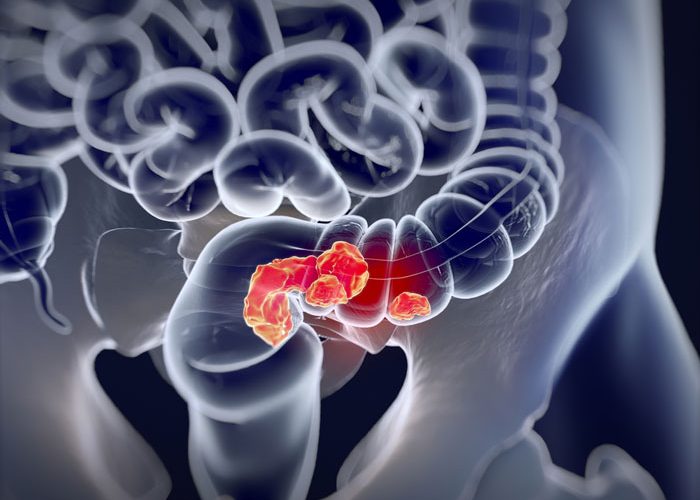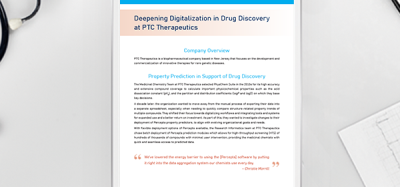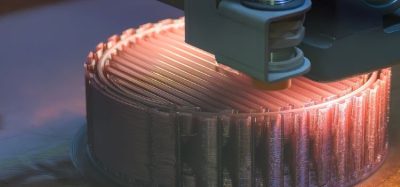FDA-approved drug may block resistance to anti-angiogenesis therapy
Posted: 14 September 2017 | Dr Zara Kassam (European Pharmaceutical Review) | No comments yet
General study identifies targetable pathway that induces immunosuppressive environment in colorectal cancer…


A research team has identified a potential strategy for improving the efficacy of angiogenesis inhibitors, drugs that help fight cancer by blocking the formation of new blood vessels.
Earlier this year researchers discovered how anti-angiogenesis treatment can interfere with the immune response against colorectal cancer, the team now describes another pathway that induces an immunosuppressive tumour microenvironment, one that can be blocked with a FDA-approved drug.
“Blocking VEGF signalling – the major target of approved anti-angiogenesis drugs – has shown a significant but limited survival benefit for colorectal cancer patients, due to the development of resistance,” explains Dr Dai Fukumura, co-senior author of the current study. “By unveiling a previously unknown mechanism of resistance to anti-angiogenic therapy, our findings provide a rapidly translatable strategy to enhancing treatment outcomes.”
The researchers at Massachusetts General Hospital (MGH) found that angiogenesis inhibitor treatment led to the accumulation of certain innate immune cells – monocytes and neutrophils – in the tumour microenvironment.
The early infiltration of a specific subset of cells, called non-classical monocytes, induced the migration of neutrophils and the expression of factors that inhibit the proliferation and function of T cells, blocking the anti-tumour immune response.
While a gene therapy approach to blocking the immunosuppressive pathway improved treatment in a mouse model of colorectal cancer, no drug targeting that pathway is currently available, leading the MGH team to search for alternatives.
A 2009 study from members of the same team had found that expression of a receptor molecule called CXCR4 and the molecule it binds to, CXCL12, were increased in tumour biopsies from rectal cancer patients treated with anti-VEGF therapy.
Since the CXCR4/CXCL12 pathway is known to regulate immune cells, including the more common classical monocytes, the team explored its potential role in the regulation of non-classical monocytes.
After confirming that anti-VEGF therapy increased expression of CXCR4 and CXCL12 in mouse models of colorectal cancer, the team tested the effects of using a FDA-approved CXCR4 inhibitor called AMD3100 or plerixafor to block the pathway.
They found that the addition of AMD3100 significantly enhanced the effects of anti-VEGF therapy and alleviated the anti-VEGF-induced reduction in T cells. CXCR4 was found to be expressed primarily on monocytes and neutrophils in the tumour microenvironment, and blocking the pathway with AMD3100 reduced the infiltration of immunosuppressive non-classical monocytes and neutrophils, improving treatment efficacy.
“We anticipate that these novel findings on the immunosuppressive role of non-classical monocytes in colorectal cancer will trigger follow-up studies in other types of cancer, as well as in inflammatory diseases, leading to the development of multiple therapeutic regimens,” said Dr Fukumura.
Dr Rakesh K. Jain, director of the Steele Labs, added, “While AMD3100 treatment abolished anti-VEGF-induced innate immune cell accumulation, it did not affect basal levels of these important cells, which supports the favourable safety profile of this agent and should facilitate clinical translation.”









